40 YEARS OF GWANGJU UPRISING
입력 2020.05.19 (15:12)
수정 2020.05.19 (16:45)
읽어주기 기능은 크롬기반의
브라우저에서만 사용하실 수 있습니다.
[Anchor Lead]
The citizens of Gwangju went on the streets 40 years ago calling for democratization and freedom,but they were brutally suppressed by the military. Since then, there were many attempts to shed light on what really happened during the tragic events of the Gwangju uprising, but the facts and truth related to the event still remain elusive. Here's a look at the past 40 years since the democratic movement.
[Pkg]
It was a call for democratization.
[Soundbite] "Lift martial law! Lift martial law!"
Citizens demanded the military step down and lift the emergency martial law. The reply: deadly force. The events that unfolded in Gwangju on May 18, 1980 have long been labeled a riot. Efforts to shed light on the truth only began after the military junta bowed out.
[Soundbite] LATE CATHOLIC PRIEST CHO CHUL-HYUN(EYEWITNESS OF MILITARY FIRING(PARLIAMENT HEARING)) : "I heard thunderous noise of machine gun rounds 3 times."
But those responsible for the massacre still held their heads up high.
[Soundbite] LEE HEE-SEONG(MARTIAL LAW COMMANDER DURING MAY 18 MOVEMENT(PARLIAMENT HEARING)) : "It was not our intent to inflict damage through violent suppression."
[Soundbite] CHUN DOO-HWAN(SECURITY COMMANDER AT TIME OF MAY 18 MOVEMENT(PARLIAMENT HEARING)) : "I feel very sorry to speak to the public about "upsetting" matters."
As a democratic government took office, the tombs of those who were killed during the pro-democracy movement were designated a national cemetery and the victims were decorated as heroes. But this came with a message of forgiveness and leaving the task of unveiling the truth to history.
[Soundbite] KIM YOUNG-SAM(PRESIDENT(MAY 1993)) : "I want to say that while we should never forget the incident, we must forgive so we can reconcile."
But the word forgiveness rang hollow. There was no one apologizing or reflecting on the past wrongdoing regarding the question of who gave the military the order to fire at citizens. Efforts have resumed to find to the truth and punish those responsible for the tragedy. Hopefully results may materialize this time around. Still, the past 4 decades remains a painful part of Korean history.
The citizens of Gwangju went on the streets 40 years ago calling for democratization and freedom,but they were brutally suppressed by the military. Since then, there were many attempts to shed light on what really happened during the tragic events of the Gwangju uprising, but the facts and truth related to the event still remain elusive. Here's a look at the past 40 years since the democratic movement.
[Pkg]
It was a call for democratization.
[Soundbite] "Lift martial law! Lift martial law!"
Citizens demanded the military step down and lift the emergency martial law. The reply: deadly force. The events that unfolded in Gwangju on May 18, 1980 have long been labeled a riot. Efforts to shed light on the truth only began after the military junta bowed out.
[Soundbite] LATE CATHOLIC PRIEST CHO CHUL-HYUN(EYEWITNESS OF MILITARY FIRING(PARLIAMENT HEARING)) : "I heard thunderous noise of machine gun rounds 3 times."
But those responsible for the massacre still held their heads up high.
[Soundbite] LEE HEE-SEONG(MARTIAL LAW COMMANDER DURING MAY 18 MOVEMENT(PARLIAMENT HEARING)) : "It was not our intent to inflict damage through violent suppression."
[Soundbite] CHUN DOO-HWAN(SECURITY COMMANDER AT TIME OF MAY 18 MOVEMENT(PARLIAMENT HEARING)) : "I feel very sorry to speak to the public about "upsetting" matters."
As a democratic government took office, the tombs of those who were killed during the pro-democracy movement were designated a national cemetery and the victims were decorated as heroes. But this came with a message of forgiveness and leaving the task of unveiling the truth to history.
[Soundbite] KIM YOUNG-SAM(PRESIDENT(MAY 1993)) : "I want to say that while we should never forget the incident, we must forgive so we can reconcile."
But the word forgiveness rang hollow. There was no one apologizing or reflecting on the past wrongdoing regarding the question of who gave the military the order to fire at citizens. Efforts have resumed to find to the truth and punish those responsible for the tragedy. Hopefully results may materialize this time around. Still, the past 4 decades remains a painful part of Korean history.
■ 제보하기
▷ 카카오톡 : 'KBS제보' 검색, 채널 추가
▷ 전화 : 02-781-1234, 4444
▷ 이메일 : kbs1234@kbs.co.kr
▷ 유튜브, 네이버, 카카오에서도 KBS뉴스를 구독해주세요!
- 40 YEARS OF GWANGJU UPRISING
-
- 입력 2020-05-19 15:13:04
- 수정2020-05-19 16:45:21
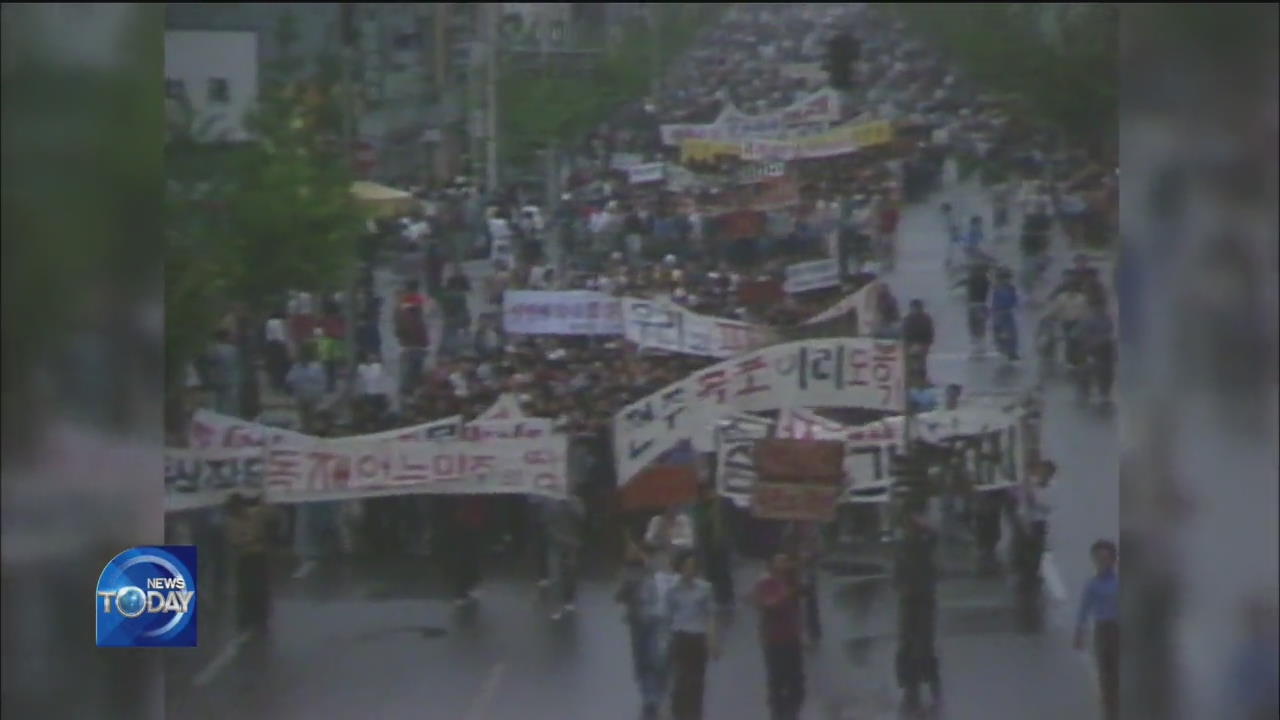
[Anchor Lead]
The citizens of Gwangju went on the streets 40 years ago calling for democratization and freedom,but they were brutally suppressed by the military. Since then, there were many attempts to shed light on what really happened during the tragic events of the Gwangju uprising, but the facts and truth related to the event still remain elusive. Here's a look at the past 40 years since the democratic movement.
[Pkg]
It was a call for democratization.
[Soundbite] "Lift martial law! Lift martial law!"
Citizens demanded the military step down and lift the emergency martial law. The reply: deadly force. The events that unfolded in Gwangju on May 18, 1980 have long been labeled a riot. Efforts to shed light on the truth only began after the military junta bowed out.
[Soundbite] LATE CATHOLIC PRIEST CHO CHUL-HYUN(EYEWITNESS OF MILITARY FIRING(PARLIAMENT HEARING)) : "I heard thunderous noise of machine gun rounds 3 times."
But those responsible for the massacre still held their heads up high.
[Soundbite] LEE HEE-SEONG(MARTIAL LAW COMMANDER DURING MAY 18 MOVEMENT(PARLIAMENT HEARING)) : "It was not our intent to inflict damage through violent suppression."
[Soundbite] CHUN DOO-HWAN(SECURITY COMMANDER AT TIME OF MAY 18 MOVEMENT(PARLIAMENT HEARING)) : "I feel very sorry to speak to the public about "upsetting" matters."
As a democratic government took office, the tombs of those who were killed during the pro-democracy movement were designated a national cemetery and the victims were decorated as heroes. But this came with a message of forgiveness and leaving the task of unveiling the truth to history.
[Soundbite] KIM YOUNG-SAM(PRESIDENT(MAY 1993)) : "I want to say that while we should never forget the incident, we must forgive so we can reconcile."
But the word forgiveness rang hollow. There was no one apologizing or reflecting on the past wrongdoing regarding the question of who gave the military the order to fire at citizens. Efforts have resumed to find to the truth and punish those responsible for the tragedy. Hopefully results may materialize this time around. Still, the past 4 decades remains a painful part of Korean history.
The citizens of Gwangju went on the streets 40 years ago calling for democratization and freedom,but they were brutally suppressed by the military. Since then, there were many attempts to shed light on what really happened during the tragic events of the Gwangju uprising, but the facts and truth related to the event still remain elusive. Here's a look at the past 40 years since the democratic movement.
[Pkg]
It was a call for democratization.
[Soundbite] "Lift martial law! Lift martial law!"
Citizens demanded the military step down and lift the emergency martial law. The reply: deadly force. The events that unfolded in Gwangju on May 18, 1980 have long been labeled a riot. Efforts to shed light on the truth only began after the military junta bowed out.
[Soundbite] LATE CATHOLIC PRIEST CHO CHUL-HYUN(EYEWITNESS OF MILITARY FIRING(PARLIAMENT HEARING)) : "I heard thunderous noise of machine gun rounds 3 times."
But those responsible for the massacre still held their heads up high.
[Soundbite] LEE HEE-SEONG(MARTIAL LAW COMMANDER DURING MAY 18 MOVEMENT(PARLIAMENT HEARING)) : "It was not our intent to inflict damage through violent suppression."
[Soundbite] CHUN DOO-HWAN(SECURITY COMMANDER AT TIME OF MAY 18 MOVEMENT(PARLIAMENT HEARING)) : "I feel very sorry to speak to the public about "upsetting" matters."
As a democratic government took office, the tombs of those who were killed during the pro-democracy movement were designated a national cemetery and the victims were decorated as heroes. But this came with a message of forgiveness and leaving the task of unveiling the truth to history.
[Soundbite] KIM YOUNG-SAM(PRESIDENT(MAY 1993)) : "I want to say that while we should never forget the incident, we must forgive so we can reconcile."
But the word forgiveness rang hollow. There was no one apologizing or reflecting on the past wrongdoing regarding the question of who gave the military the order to fire at citizens. Efforts have resumed to find to the truth and punish those responsible for the tragedy. Hopefully results may materialize this time around. Still, the past 4 decades remains a painful part of Korean history.
이 기사가 좋으셨다면
-
좋아요
0
-
응원해요
0
-
후속 원해요
0










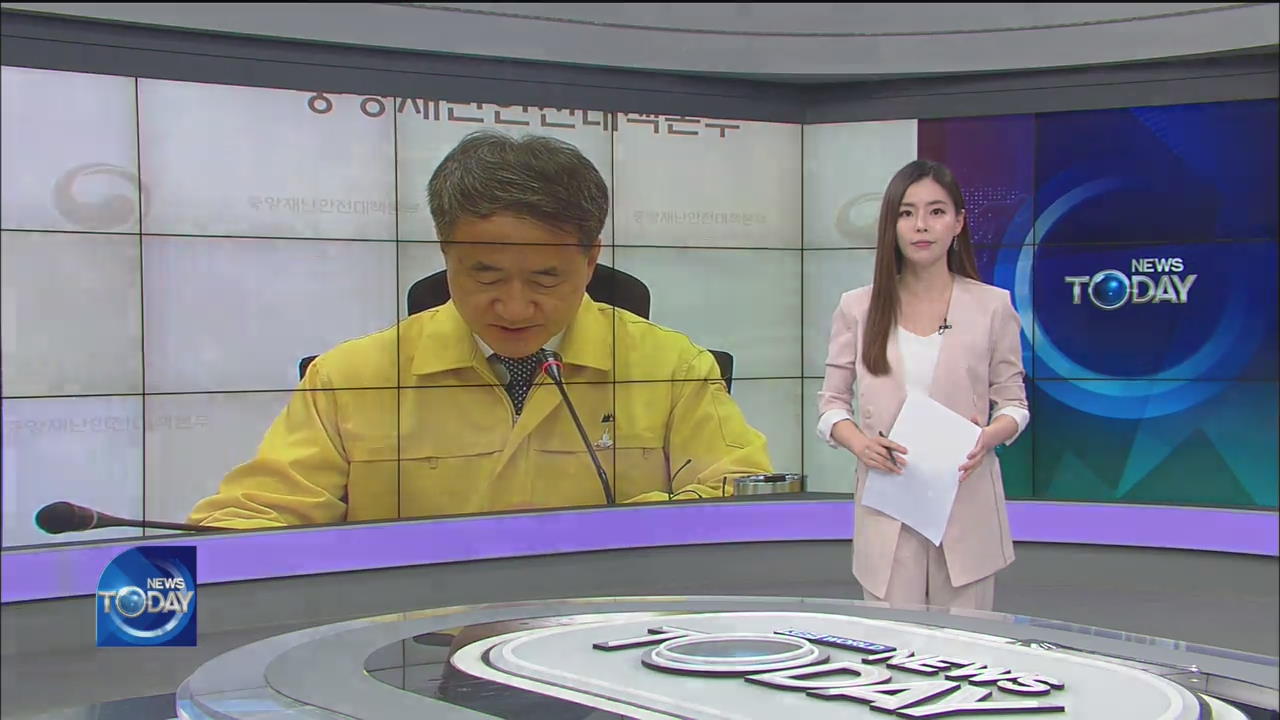
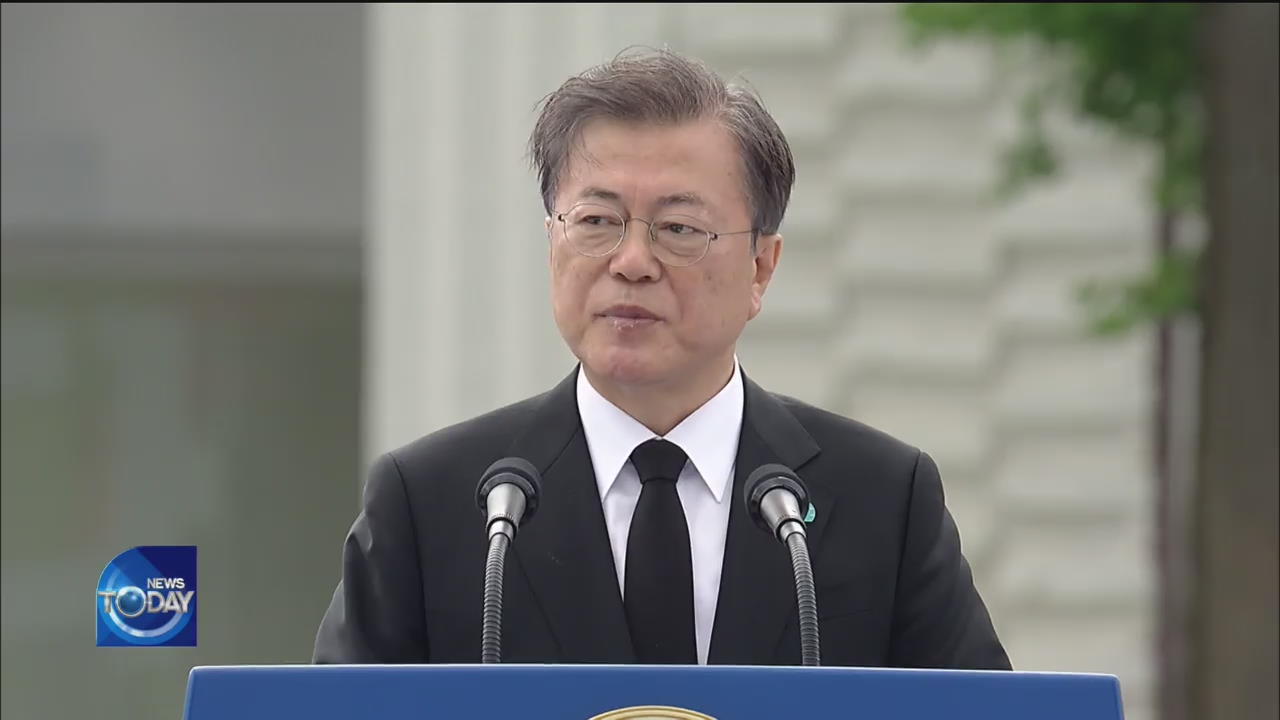
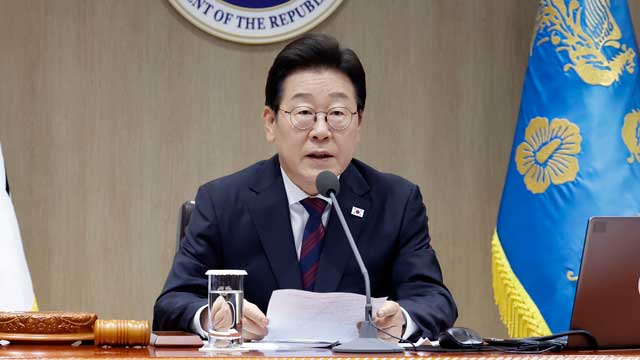
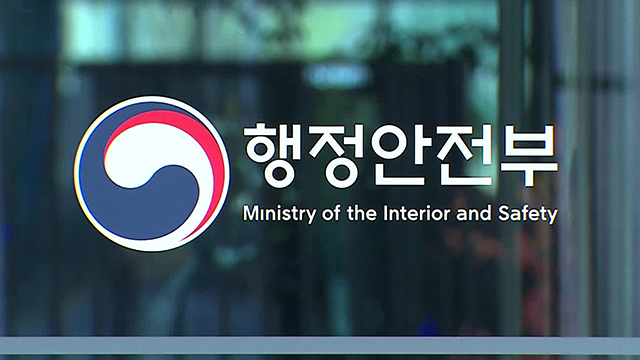
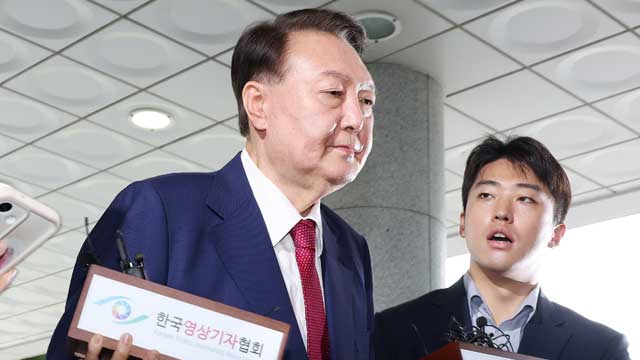
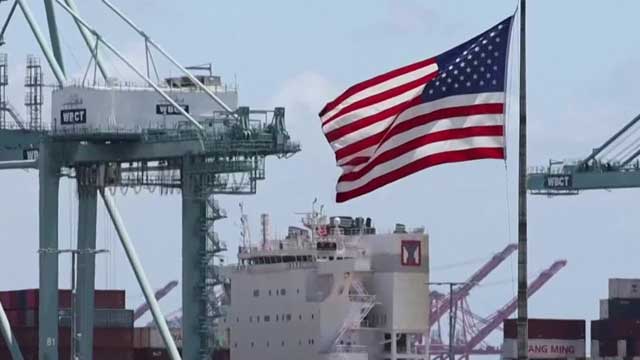

이 기사에 대한 의견을 남겨주세요.